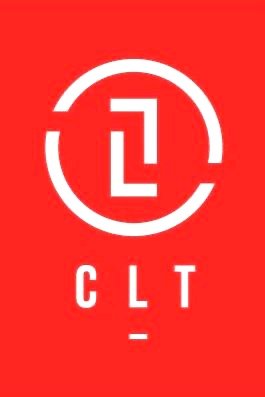You juggle your laptop bag, morning coffee and bagel as you walk into the office. You are a Certified ScrumMaster at Jackson Industries, a privately-held company based in southern Minnesota. You have been with the Company for over eight years and have served a number of teams as a ScrumMaster since your group transitioned to Scrum three years ago. You are seen as a high-performer having helped a number of Teams improve their performance.
You enter the team’s space and find the mood tense and see sour looks on everyone’s faces.
“Good morning! Did something happen? You guys look like someone who lost their front teeth and someone told you there is no Tooth Fairy.”
“It’s this darned P.C.I. compliance stuff that’s slowing us down, “offers Tom. “We know the Payment Card Industry has these security requirements and we always follow them. It’s just taking so much time to jump through all of these paperwork hoops. We’re not getting the actual product done and we could be if we could focus on that.”
“Well, who is asking for this paperwork?” you ask.
“Bob from Corporate Compliance needs it all filled out, “says Sherri. “We have all of these items in our Definition of Done. We even have acceptance tests that have passed for these criteria. Typing these documents seems like pure waste.”
“Sounds like we need to invite Bob over for a conversation,” you say.
“We can’t do that,” says Tom. “Everyone knows that it’s not an option to skip P.C.I. compliance. And only managers get to talk to them.”
“Can’t lives on won’t street,” is your reply. “Is it that we can’t talk to Bob? Or that we won’t? I for one will. Bob probably has a process that worked with the way this company used to do work. He may not even know that we are using the Scrum framework to guide the way we do work now.”
You head over to your desk and pull up Bob’s calendar for the day and find an open spot. You invite Bob to come to the team area for a meeting later that day and follow up by calling him to explain what the team would like to discuss with him.
Bob arrives that afternoon for the discussion. As Bob steps through the P.C.I. checklist, the team is able to address every item on it by pulling up information in VersionOne, the tool they use to manage their work that reflects many of the sticky notes from their Information Radiator.
“Can I get access to some of the reports and queries these folks have shown me here today?” Bob asks.
“Of course you can,” you reply.
“You folks are certainly meeting everything we need, and giving me fewer forms to have to look through! And I always like it when someone makes my job easier, “says Bob. “And it seems like you have a lot more fun doing it too!”
“Thanks, Bob. I’m holding a Scrum workshop for some other people in the company this Friday over lunch,“ you mention. “If you can join us, please bring your lunch to the training room and learn how you could possibly even use this framework in Corporate Compliance for the work that you’re doing.”
“Thanks! I think I will,” says Bob.
How would you have responded in this situation?
What if the ScrumMaster had not embraced the Scrum value of Courage and talked to Bob?
Is there anything you are willing to do differently in your current work situation as a result of learning what this ScrumMaster did in this one?
Ready to start your Scrum journey? Click here for information and to register for the next Certified Scrum Master course.
